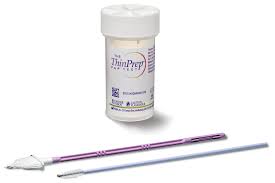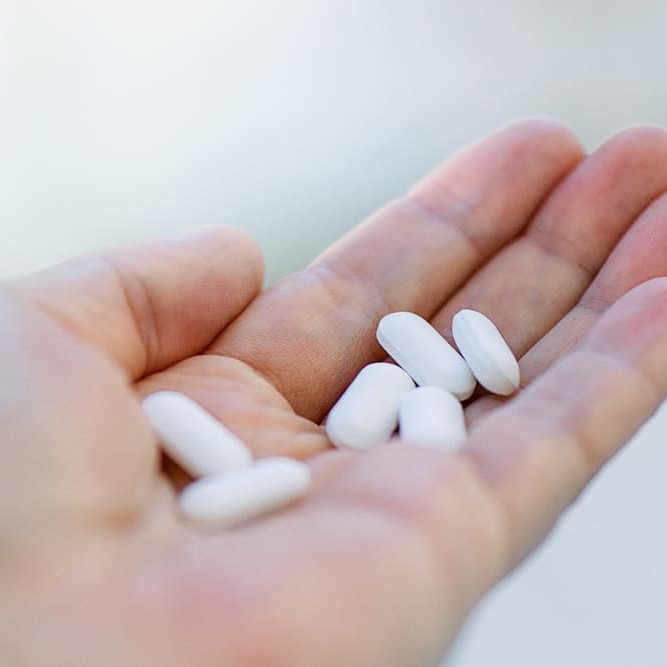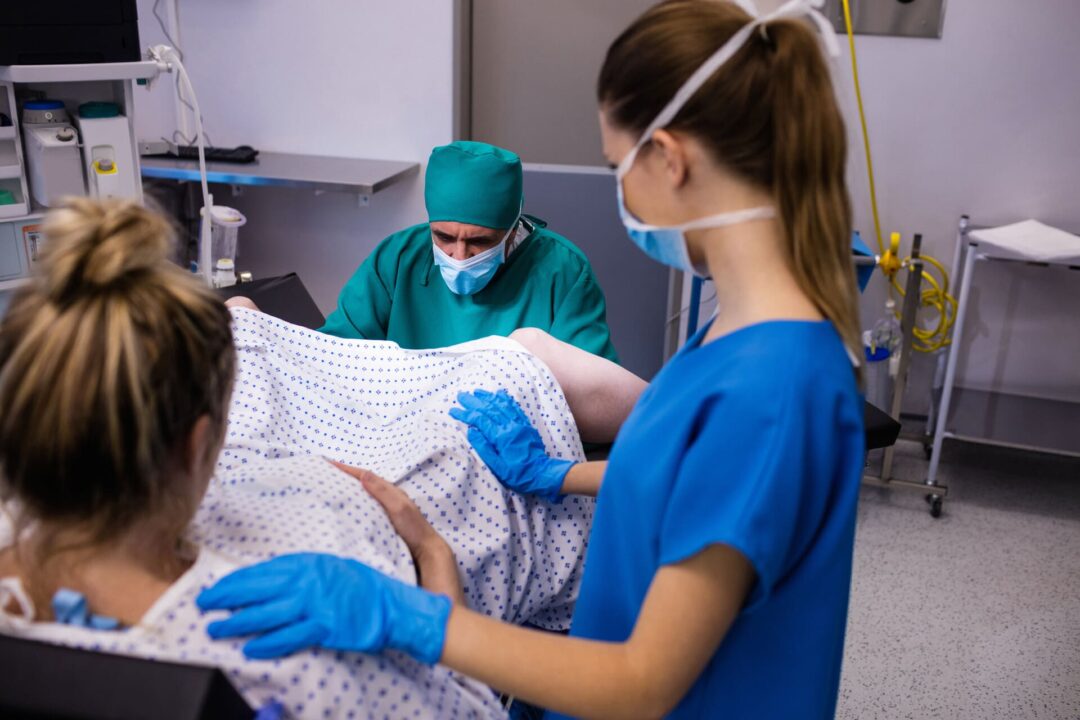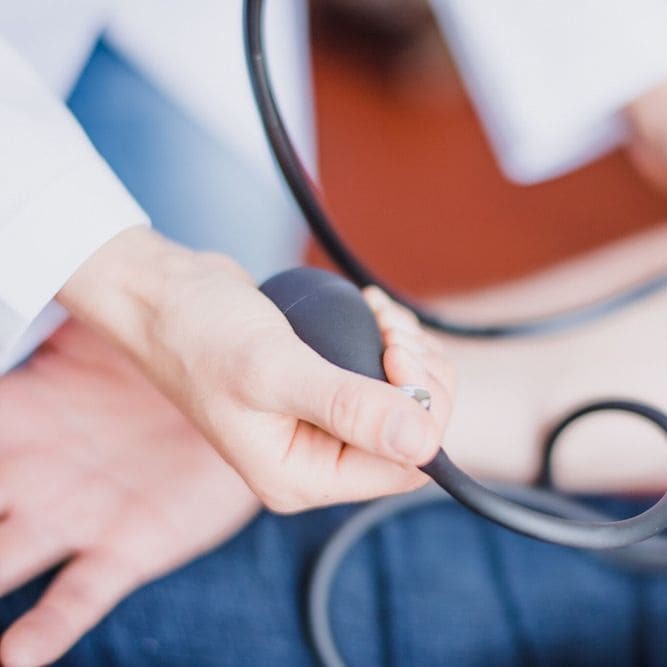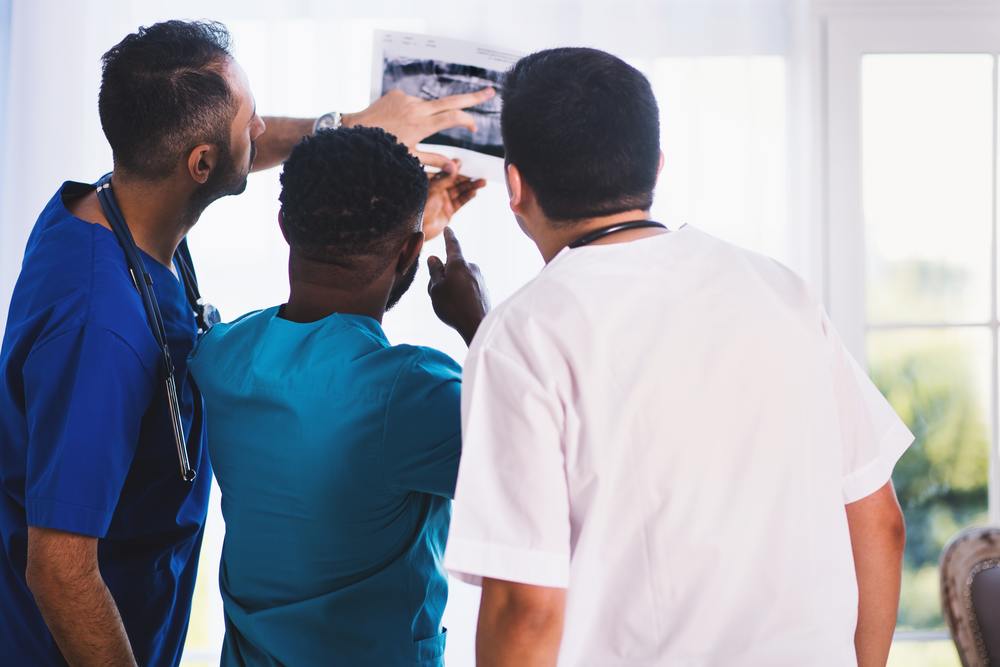Colposcopy Patient Information
What is Colposcopy?
Colposcopy is a procedure that lets your gynecologist have a close look at your cervix through a special magnifying instrument called a colposcope. This procedure helps to identify any microscopic abnormalities.
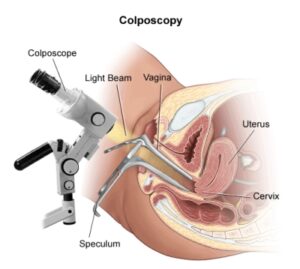 When is Colposcopy needed?
When is Colposcopy needed?
You may need a colposcopy after a routine cervical screening test to have a closer look at the cervix for abnormal cell changes (not necessarily cancerous).
Colposcopy can also be used to investigate unexplained vaginal bleeding or an inflamed cervix.
Booking for Colposcopy
Referral from your GP or Cervical Screening services is required to book an appointment with the gynecologist for a colposcopy.
Before the Colposcopy

What happens during Colposcopy?
The examination takes between 10 and 20 minutes. You will lie down on the special gynecological chair with padded support to rest your legs on.
A speculum is inserted into the vagina and the doctor looks at your cervix through the colposcope.
A cotton swab dabbed in a vinegar-like solution is used to wipe your cervix and vagina. It might give mild burning or tingling sensation, but it helps the doctor to identify any abnormalities. Sometimes iodine solution is used (please let us know if you are allergic to iodine).During the procedure, a biopsy (a small sample of tissue) may be taken from any abnormal-looking areas in your cervix. A biopsy may be felt like a pinch. The tissue collected is sent to pathology for testing. You may have some ‘spotting’ for a few hours afterward, so it is a good idea to take a sanitary pad to the consultation.
Precautions to take after the Colposcopy


